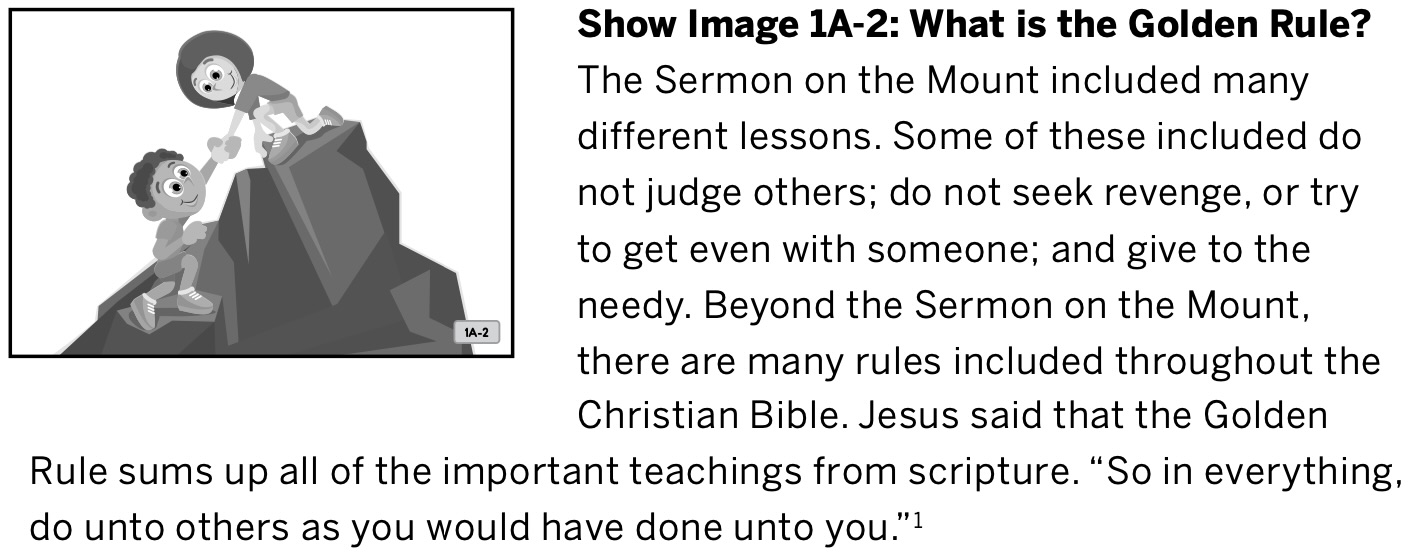Editorial: How to pray for the 89th Texas Legislature
The 89th session of the Texas Legislature just started. So, let’s talk about politics.
No, not like that.
Let’s talk about praying for politicians.
No, not imprecatorily—calling down God’s judgment on them.
Let’s talk about asking God to surround the Texas state representatives and senators serving in the 89th Texas Legislature—all of them—with wise counsel and to give them clear thinking, discernment and a heart for what is good and right.
Actually, let’s not just talk about it. We talk enough about prayer without ever getting around to praying. Let’s pray.
And let’s not just pray, which all too often is detached from action. Let’s match our prayers with our own engagement with our elected officials.
If this is as far as you’re going to read, then you know my main point, and you know I’m calling you to action, a particular action. But I hope you’ll keep reading—at least a little farther.
Importance of connected prayer
What I suggest above sounds more like asking God to bless our politicians than to set them straight. I’m suggesting a far more expansive view than that.
When our politicians present bills with which we disagree, when they vote contrary to what we want or think is best, we often want our politicians set straight, not blessed.
But how often do we want them set straight enough to contact them by email, phone or in person ourselves? And how often, when we do contact them to set them straight, do they come away thinking we want what’s best more than we want their heads?
We need to connect our prayers to action, and we must connect our action to Christlikeness.
During the 88th Texas Legislature, I visited elected officials’ offices, most often engaging with their staffs since the various senators and representatives were in the thick of hearings. It might surprise you to know their reactions immediately were guarded upon hearing what we were there to talk to them about.
One staffer was immediately and visibly concerned when we told her the topic we were there to talk about with the representative she served. Ours was a hot topic, as in people were getting burned by it.
She seemed near tears when I told her we know their work is difficult and not everyone who communicates with them is friendly, and that we care about her and the representative she was serving. Which is true regardless of the politician and his or her position on issues.
When we pray and act, we must pray and act in the way Jesus taught. I don’t always remember that.
Connect prayer to the issues
Texas legislators need wisdom, discernment, clear and critical thinking, and a heart for what is right and good, because they will consider such things as education funding, elections, gambling and the content of higher education—among many other issues—during the current legislative session. They have much to weigh.
Texas House members already have submitted hundreds of bills.
Our lack of engagement with our elected officials sometimes is a result of our ignorance of the issues. And I don’t mean ignorance pejoratively. We can’t know everything, much less everything about everything. That’s just one reason we need as many of us as possible praying for and engaging with our legislators. Together, we can cover more ground.
Our legislators also can’t know everything about everything. That’s why they have aides and interest groups have lobbyists.
That’s why legislators need all the things I’m calling us to pray for as they wade through information and misinformation and so they are more able to resist the pressure to appease powerful interests. And there will be pressure. There already is and has been.
A legitimate pressure on legislators is the weight of how their votes will affect millions of people. Millions. Tens of millions. Possibly for years.
Under such circumstances, prayer for wisdom, discernment, clear thinking, and a heart for what is right and good isn’t too much to ask.
How to connect prayer
It’s easier than you might realize to connect your prayers with your engagement with your elected officials. You can engage with your elected officials by phone, email or by visiting the Texas Capitol or your legislators’ district offices.
If you’re not sure who your elected officials are, you can find that information in a few ways. The “Who Represents Me?” website is probably the easiest and is a capitol.texas.gov website. Texas Tribune also offers a simple and user-friendly directory.
When you determine your elected officials and go to their respective webpages, you will see their contact information and a link to email them directly through either the Texas House or Texas Senate websites. I’ve emailed my elected officials several times that way.
If you’re able to travel to Austin during the legislative session, you generally will find the legislative offices open, staffed and waiting for your visit. You will be asked to record your visit in a handwritten register, which speaks to the value legislators place on in-person visits.
Preparing yourself
While you pray and/or before you go to Austin, I highly recommend reading Texas Tribune’s article “Texas Legislature 101: How bills become laws—and how you can participate in the process.”
If you do plan to go to Austin, and if you’d like to visit the Texas Capitol with others, you can put Texas Baptists’ Christian Life Commission’s Advocacy Day and/or Pastors for Texas Children’s Advocacy Day on your calendar. Both will be in Austin.
On March 3, CLC Advocacy Day attendees will learn about policies under consideration by the 89th Texas Legislature. On March 4, participants will learn how to conduct an in-person visit at the Capitol and have the opportunity to make such visits. Schedule and registration information is available here.
Pastors for Texas Children’s advocacy training and Capitol visit will be held March 4, beginning at 9 a.m. Registration is free, but tickets are limited. Register here.
At a bare minimum, ask the Lord to surround our elected officials with wise counsel and to give them clear thinking, discernment and a heart for what is good and right. And not just when the legislature is in session.
Eric Black is the executive director, publisher and editor of the Baptist Standard. He can be reached at eric.black@baptiststandard.com. The views expressed in this opinion article are those of the author.


